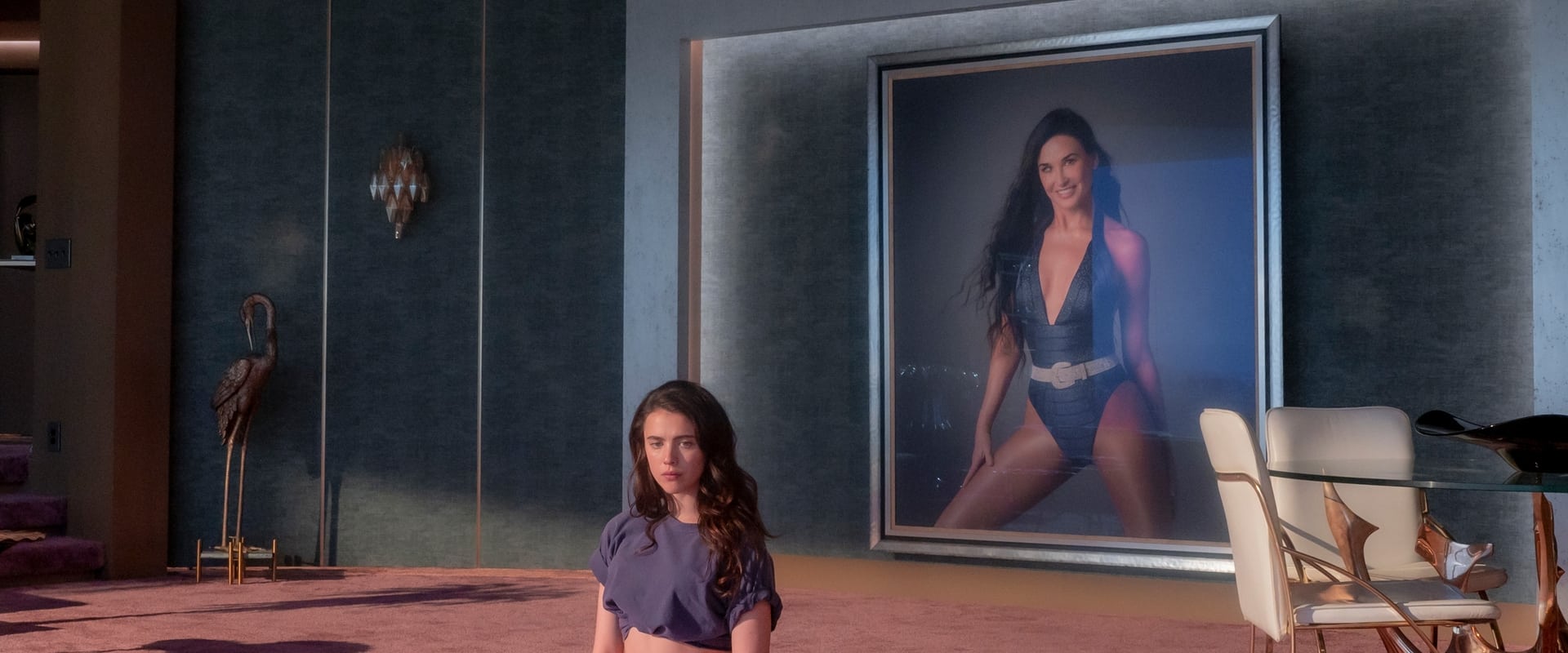By daring to write a review of Fight Club, I’ve already broken the first and second rules—and let me say, it’s a palpable thrill. The aura of sacred secrecy is less a taboo than a dare, and David Fincher’s film, like Chuck Palahniuk’s novel before it, delights in goading you to break taboos and then wallow in the delicious guilt of being caught. Few book-to-screen projects have such a brawl in the ring between source material and adaptation—usually it’s a TKO for mediocrity. But here, Fincher doesn’t just survive the pummeling; he jabs, feints, and emerges with his bruises gleaming.
Let’s start where this movie forces us to: Palahniuk’s book, a fever dream of toxic self-improvement, is one of those rare things—a true voice-of-a-generation grenade, tossed into the stale living room of late-century American malaise. When I first read it, I wanted to tear through drywall; when I heard Fincher was helming the adaptation, skepticism made me itch with dread. How do you show that preposterous, inebriated prose—the world’s dirtiest bedtime story—without cleaning it up and losing its bite? Well, you don’t. You amplify it. You let it lick the screen, leave scars and contrails.
Fincher—already Hollywood’s reigning prince of bleak whimsy—here plays us like a cat toying with a limping mouse. There hasn’t been this much glee in audience manipulation since Hitchcock bandied about his blondes. Fight Club is dazzling because it knows exactly how to make us squirm, and then giggle shamefacedly at our own squirming. This is a film that sits you in a plush theater, then hurls you through plate glass. The visual scheme alone is a kind of comic-book miasma—gunmetal blues, spittle-lit basements, urban detritus glittering like jewelry in a lunar apocalypse. Even the soap, for God’s sake, gleams with a sardonic, lusty shimmer.
But the coup de grace—the film’s bloodstream—is its screenplay. Here’s where the real marvel happens: Jim Uhls (in collusion, no doubt, with Fincher and his cast of not-quite-heroes) doesn’t defang Palahniuk’s language; he sharpens it. The venomous, half-crazed, and dare I say—sexy—voice of the novel turns up on screen, unbowed and even improved, shorn of excess but bold enough to spit in your eye. Whole scenes (the ending above all) possess a new confidence, a gleaming dare that even Palahniuk’s text barely managed. It’s one of those rare novels whose film counterpart wants to storm the canon’s front doors with a spray-can and scrawl “I don’t care” across Citizen Kane’s gleaming forehead. In a cavalcade of so-called ‘classics,’ Fight Club is the punk who shows up to the reunion, sets off the fire alarm, and leaves without anyone noticing how much fun they just had.
You could blather on about Generation X, advertising, or whatever sociological lint was stuck to the shoes of the ’90s. But the thumping heart of Fight Club is not, despite its surface, about the bruised knuckles. It’s about getting hit—the raw, shuddering pleasure of coming undone, of giving up the pretense, letting someone else knock the air out of you and waiting, bruised and wide-eyed, to see what comes rushing into the gap. Tyler Durden, with Brad Pitt’s coyote grins and spitfire swagger, isn’t a messiah; he’s the trickster who kicks the ladder out from under you, so you have to discover you already know how to fly, or else enjoy the thud when you land. When the Narrator hits bottom (Edward Norton’s queasy humility, his skin like skim milk—perfect), it’s not a defeat, it’s a baptism in the acid bath of purpose.
The rules of Fight Club—rotting, ludicrous, and revered like holy scripture—don’t care about winners, and neither does the film. There’s a warped righteousness in the punch-drunk stares, the risk, the loss, the old thrill of being noticed by fate, or by God, or some surrogate: “Indifference is worse than punishment.” Even Mayhem, for all its apocalyptic dress-up, has the childish pleasure of streaking across a yard for the sheer joy of getting caught. The absent fathers are just one more crowd absent in the audience, the predictable psychic wound branded across every hyper-literate antihero from Camus to now.
And oh, Marla Singer. If all movie characters were this vital and repellent we’d never sleep again. Helena Bonham Carter’s Marla has that deranged, half-drowned glow that lit up all our bad dreams: she’s feral, annoying, irresistible, and so wounded you wince. She’d stub her cigarette on your best intentions, spit in your mouth just to see you blink, then drift off to mug the Tooth Fairy behind the alley. It’s a performance that crackles; you want to cross the street, but not before you check if she’s following you. All respect to her—she’s the candied cyanide at the center of this poisoned bonbon.
Should it be called a “classic?” Oh, absolutely. But it does so with a battered smirk, as if classics are for the faint of heart, and this one’s more fun when you sneak in through the window.
Fincher’s Fight Club is a punch to the solar plexus, a siren song for the disaffected, a love letter to anarchy signed with soap and blood. It grabs you, shakes you, hits you, and—miraculously—you want to come back for more. I left the theater bruised, delighted, and a little less interested in the rules.
And that, in the end, is the most exhilarating “fuck you” grin the movies have offered in a long, long time.


